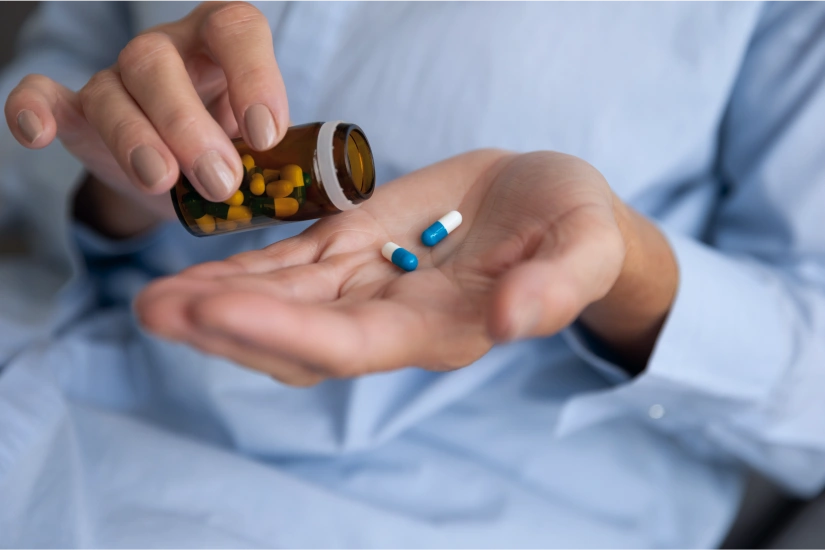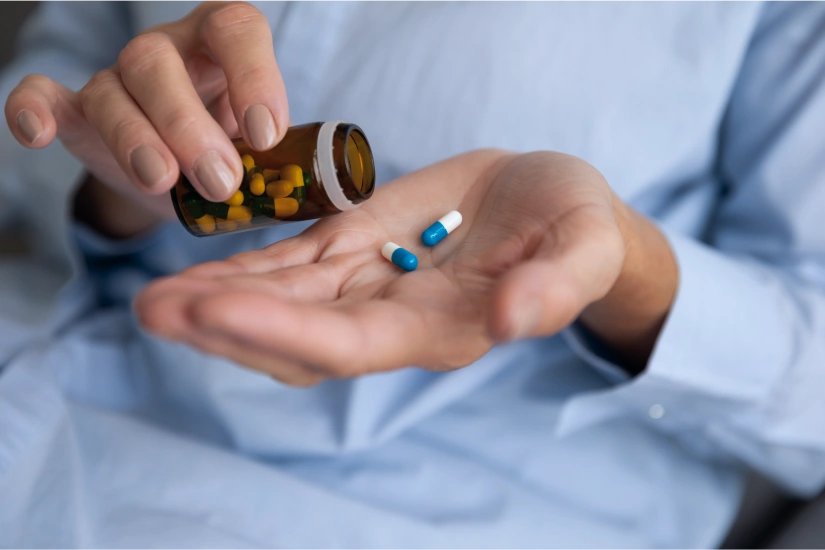24/7 Helpline:
(866) 899-221924/7 Helpline:
(866) 899-2219
Learn more about Prescription drug Rehab centers in Starke
Prescription drug Rehab in Other Cities

Other Insurance Options

Private insurance

EmblemHealth
Beacon

AllWell

American Behavioral

CareFirst

Ambetter

Horizon Healthcare Service

Sliding scale payment assistance

PHCS Network

Regence

GEHA

CareSource

Health Net

UMR

MHNNet Behavioral Health

Lucent

Choice Care Network

Premera

Highmark

The Transition House
The Transition House of Starke specializes in services for those dealing with behavioral health issu...

Intensive Treatment Modalities Group
Intensive Treatment Modalities Group hast provided mental health treatment and care for adult and ad...





















































































































